Fueling a Cleaner Future: Kitsap Energy Summit leaders focus on power resiliency & renewable energy

15 May 2023
News, Maritime, Infrastucture, Transportation
Kitsap County, located in the northwest region of Washington State, is making significant strides in clean energy and job creation. Renewable sources provide clean energy and contribute to job creation and economic development. The county's commitment to clean energy has attracted companies and investors looking to sustainably and socially responsibly expand their operations.
The county has set a goal of reaching 100% renewable energy by 2050, and with recent developments, that goal may soon become a reality.
The Kitsap Energy Summit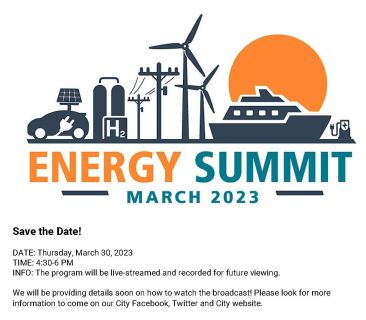 , held in March 2023, was a critical event that brought together leaders in the energy industry, government officials, and community members to discuss the county's progress and plans. The summit was moderated by City of Bremerton Mayor Greg Wheeler, with presentations and conversation with John Clauson, executive director of Kitsap Transit, and Josh Jacobs, Vice President at Puget Sound Energy.
, held in March 2023, was a critical event that brought together leaders in the energy industry, government officials, and community members to discuss the county's progress and plans. The summit was moderated by City of Bremerton Mayor Greg Wheeler, with presentations and conversation with John Clauson, executive director of Kitsap Transit, and Josh Jacobs, Vice President at Puget Sound Energy.
Discussion focused on the importance of power resiliency and the role of renewable energy in achieving it. Greg Wheeler, Mayor of Bremerton, stated: "The Kitsap Energy Summit started the conversation to engage our local leaders on those areas, and we have plans to continue the discussions going forward. Working together, I am confident we will be able to adapt, respond and grow our energy supply for the future needs of our region."
He went on to add, “Our population is expected to significantly increase in Bremerton and Kitsap County in the next few years. We also are facing one of the greatest challenges in our history. We are moving away from the use of fossil fuels like gas and coal – the major contributor to carbon emissions -- and converting to cleaner sources of energy like wind and solar for electricity. State and federal regulations are pushing things in that direction – very quickly – to meet carbon reduction goals.”
Kitsap Transit
John Clauson discussed Kitsap Transit’s goal of transitioning its fleet toward zero-emissions. Last year the agency was awarded $10.1 Million from the US Department of Transportation to buy battery-electric buses and charging infrastructure. The grant award, along with $2.6 million in local matching funds, allows Kitsap Transit to buy 10 additional battery-electric buses and related charging infrastructure. Once those buses are delivered sometime in 2024, Kitsap Transit will have a fleet of 30 battery-electric buses.
Kitsap Transit, which also operates a fleets seven high-speed passenger fast ferries and three local ferries, was the first to operate a commercial transit hybrid electric ferry in Puget Sound, which operates on the Bremerton to Port Orchard route. Thanks to a $7.7 million Federal Transit Admistration (FTA) grant last year, Kitsap Transit is now working on an all-electric vessel that will include charging capacity in Bremerton and Port Orchard.
Kitsap Transit is working with a consortium of partners including Washington Maritime Blue and Glosten/Bieker Boats to secure a federal grant to build an all-electric fast foil ferry which would make a substantial impact on reducing carbon emissions.
Replacing aging buses and facilities with newer, cleaner infrastructure that is more efficient to operate and maintain, especially those powered with electric batteries or fuel cells, improve air quality and help mitigate impacts on the climate crisis.
Puget Sound Energy: Towards a cleaner energy future
Puget Sound Energy, a significant player in the energy industry in Washington State, is taking steps towards a cleaner energy future by promoting the development of renewable energy sources. The company has set an aspirational goal to be a Beyond Net Zero Carbon company by 2045 and has outlined three pathways to achieve this goal. These pathways include reducing carbon emissions from PSE operations and electric supply, reducing carbon emissions from natural gas sales for customer end use, and partnering with customers and industry to identify programs and products that reduce carbon across sectors and the region and state.
During the Kitsap Energy Summit, Josh Jacobs, Vice President at Puget Sound Energy, highlighted the need to look differently towards the future for how the company meets the needs of its customers, communities, and state objectives. When asked how Puget Sound Energy was preparing its energy infrastructure to withstand energy challenges, Jacobs said, "Grid modernization is one way we're transforming our grid for a better energy future. It means we are holistically updating and improving our infrastructure to create a reliable, resilient, innovative, and flexible grid. It must also be safe and designed to meet our customers' unique energy needs and expectations. Some of our grid modernization programs, like Distribution Automation and Demand Response, utilize innovative technologies, while others provide structural improvements and support the overall health of our delivery system. PSE is also implementing a Virtual Power Plant software solution to help manage our Demand Response and other distributed energy resources. These initiatives work with our weatherization, energy efficiency, and cleaner energy programs to help reduce load requirements and significantly meet future energy demands.”
Puget Sound Energy: Implementing intelligent energy solutions
Jacobs also highlighted Puget Sound Energy's commitment to actively engaging with neighboring communities to foster trusted relationships and transparent communication. The company partners with communities where it lives and works to accelerate a cleaner energy future equitably. Additionally, PSE designs its recruiting efforts to build an innovative, diverse, and robust talent pipeline. Jacobs said that the company plans to increase the quality and quantity of clean energy jobs created through PSE programs, focusing on providing opportunities for highly impacted communities and vulnerable populations.
Signing off, Jacobs said, "We're really in a unique time in history where we're trying to run a traditional utility and energy company using some of the methods and practices we've perfected over the last several decades. While recognizing that we need to look differently to the future for how we meet the needs of our customers, communities, and objectives of the state."
Puget Sound Energy's commitment to a sustainable and clean energy future is vital for the environment, economic growth, and community development in Washington State. By focusing on reducing its carbon emissions, investing in a modernized energy grid, and engaging with local communities, PSE is creating a better energy future for all. Interested individuals and businesses can learn more about Puget Sound Energy's clean energy programs and initiatives and get involved in the clean energy movement occurring in Kitsap County. Let us all work together to achieve a cleaner, more sustainable future for future generations.
More Topics


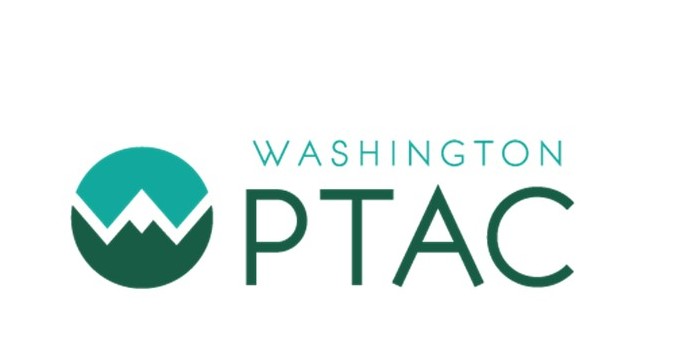











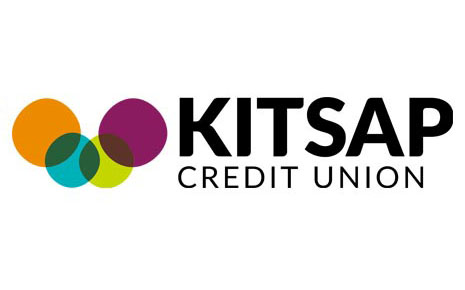
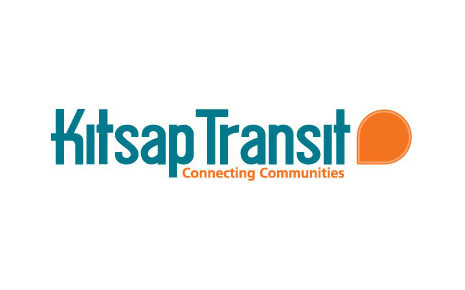
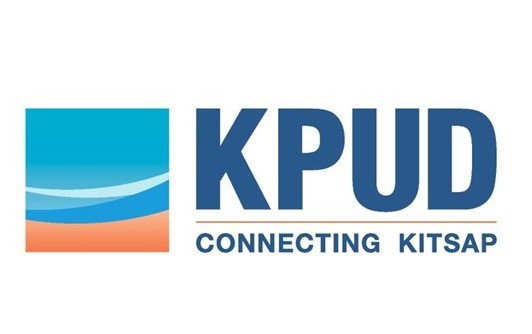
.png)

.png)




.png)



